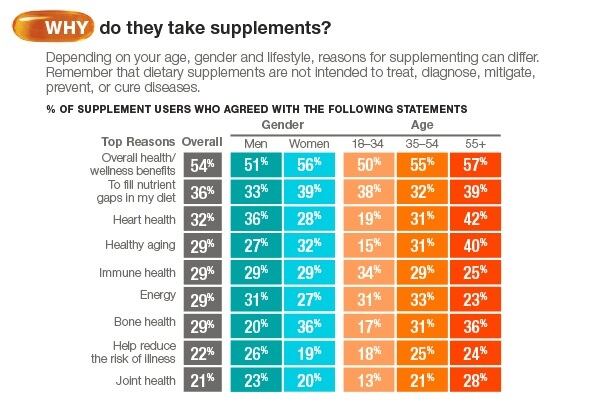Data from lab mice indicated that the probiotic was associated with improvements in the function of antioxidant enzymes, immune responses, and increased resistance to E. coli infection.
“Our results support our hypothesis indicating that probiotic Lactobacillus fermentum supplementation alleviates immunosenescence, resists infections, and improves anti-oxidant capacity, thereby augmenting healthy aging,” wrote researchers from India’s National Dairy Research Institute in Nutrition Research.
‘Healthy aging’
“Immunosenescence refers to the inevitable, multi-faceted decline in the functions of the immune system during progressive aging,” explained the researchers, and this makes the elderly more susceptible to infection and the effects of inflammation.
“A disruption in cellular redox homeostasis is another critical manifestation of aging, which culminates in oxidative damage to cells and tissues. Together, immunosenescence, chronic infections, and oxidative stress constitute a grave threat for the rationale of healthy aging and pose a challenge to public health systems throughout the world.”
Study details
In order to examine the healthy aging potential of the probiotic, the researchers gave elderly Swiss albino mice a basic diet supplemented with skim milk or fermented milk with L. fermentum for two months. They tested various markers of immunosenescence, including neutrophil function, inflammatory and antibody responses in the intestine, antioxidant enzyme activity in the liver and red blood cells.
Results showed that the probiotic groups displayed increases in antioxidant enzyme activity, with greater effects observed in the liver. In addition, improvements in inflammatory biomarkers were observed in the probiotic group, but not the control group, said the researchers.
“During the assessment of the inflammatory status in the first experiment, TNF-alpha levels in the control basal diet fed animals registered a significant increase (71.9%) with age, as evidenced from both the one and two month durations of the trial period,” they reported. “This suggests the presence of a chronic low grade inflammation state in aging mice (inflamm-aging), which predisposes the elderly to inflammatory disorders.
“In the present study, L. fermentum supplementation apparently suppressed concentrations of both TNF-alpha and MCP-1, which are potent markers of inflammation. Thus, it appears that aging animals in the control group continued to show signs of inflammaging, while probiotic L. fermentum fed animals were resistant to aggravation of circulatory inflammation.”
When tested against E. coli, the aging mice fed the probiotic were found to resist infection to a significantly greater extent than the control animals.
“The present study did not address the precise mechanisms governing these probiotic effects and further investigations aimed at understanding the modulation of inflamm-aging, in conjunction with pathogenic infection, are required to fully comprehend the probiotic-host interactions during aging,” they concluded.
Immune health
The immune health market was valued at an impressive $2.3 billion in 2013, according to the Nutrition Business Journal, and is expected to reach $2.45 billion in 2014. The wider OTC category in the US is valued at about $6 billion, making up 30% of the overall OTC category.
The category is growing and surveys regularly place immune health in the top 5 reasons why consumers use dietary supplements: Data from the CRN’s 2013 annual survey (shown below) ranks immune health equally with healthy aging and energy. In addition, unlike all the other categories except energy, immune health interest drops off with age, showing the awareness and interest with younger consumers.

Source: Nutrition Research
Published online ahead of print, doi: 10.1016/j.nutres.2014.09.006
“Dietary supplementation of milk fermented with probiotic Lactobacillus fermentum enhances systemic immune response and antioxidant capacity in aging mice”
Authors: R. Sharma, R. Kapila, M. Kapasiya, V. Saliganti, G. Dass, S. Kapila

